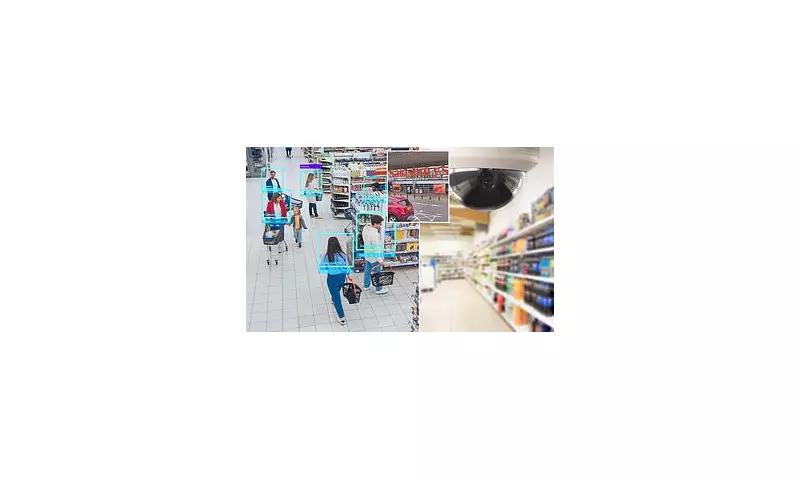
In a drastic move to counter what it describes as a shoplifting 'epidemic', retail titan Sainsbury's is installing live facial recognition cameras across its stores. The controversial technology, provided by Facewatch, scans the faces of shoppers in real-time, cross-referencing them against a database of known or suspected offenders.
The system triggers an instant alert to staff's mobile devices if a match is found, enabling security to monitor the individual or intervene. Sainsbury's asserts that the biometric screening is solely targeted at preventing crime and protecting its employees.
A Backlash Against the 'Dystopian' Surveillance
The rollout has been met with immediate condemnation from privacy campaigners. Silkie Carlo, director of Big Brother Watch, lambasted the move as 'dystopian' and accused the supermarket of treating all its customers as potential criminals.
'This is a privacy nightmare,' Carlo stated. 'Sainsbury’s is performing mass biometric identity checks on a captive, unwitting public, normalising airport-style security for a pint of milk.'
How The Facial Recognition System Operates
The deployment process involves several steps:
- Discreet cameras are installed at store entrances.
- Live footage is analysed by the Facewatch software.
- Biometric data is instantly compared to a watchlist.
- An alert is sent to staff devices if a potential match is identified.
- The company states that data from non-matched individuals is deleted immediately.
Despite these assurances, critics highlight the inherent risks of misidentification and the creation of a pervasive surveillance network on the high street.
The Rising Tide of Retail Crime
Sainsbury's defends its position by pointing to a significant increase in organised shoplifting and abuse towards staff. Other major retailers like the Co-op have also reported record levels of crime, citing over 1,000 incidents of retail crime every day in its stores.
This technological arms race represents a new front in the battle between retailers seeking to protect their stock and profits, and privacy advocates fighting to preserve public freedoms from what they see as intrusive and unregulated tech.





